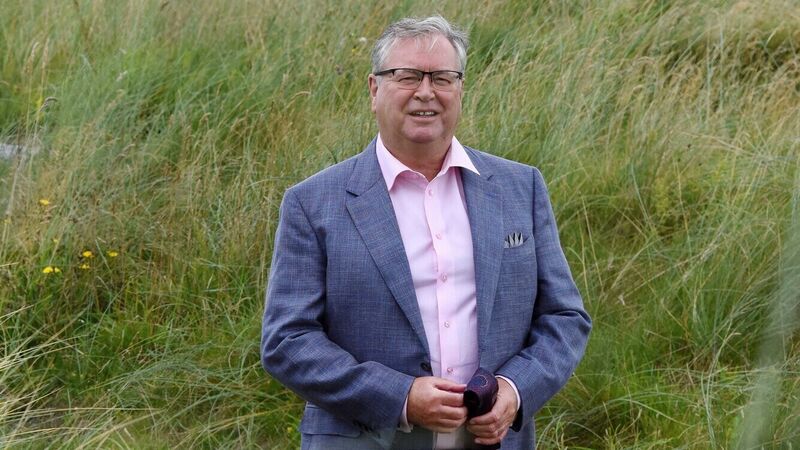Joe Duffy: ‘It’s outside of my control, RTÉ could get rid of me’

'As long as I’m able to do it, I’ll do it.' Pictures: Moya Nolan
It's a lovely morning on Dublin’s Bull Wall and Joe Duffy is recalling the career advice given to him years ago by his friend and mentor Gay Byrne.







